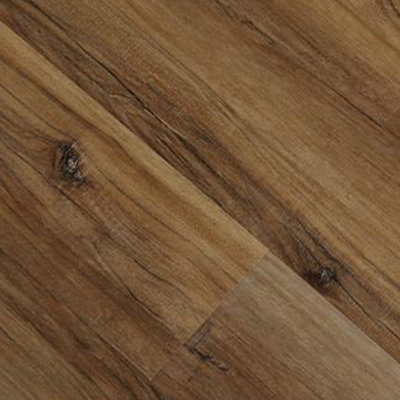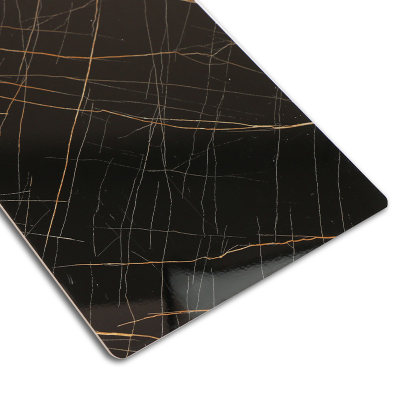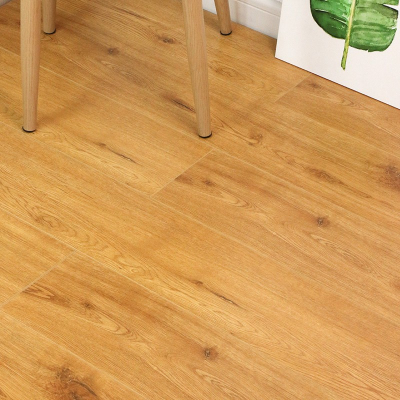What are the limitations of SPC flooring?
What are the disadvantages of SPC flooring?
The drawbacks of SPC flooring and their solutions
Disadvantage: It feels very hard underfoot
Note: SPC flooring is made of a hard stone-plastic core, so it is not as soft as some other types of flooring such as WPC or flexible vinyl tiles. If you stand on it for a long time, your feet may feel more tired.
Solution: Add a layer of high-quality soft padding under the floor. This extra layer softens the touch, reduces noise and increases warmth.
Defects display the underlying defects
Note: As SPC is hard, it will not hide in the protrusions or depressions on the floor beneath. Any uneven area will eventually show through the surface.
Solution: Make sure the floor is very flat before installation. This might require grinding the high areas and filling the low points with leveling compounds.
Disadvantages: There may be noise and echoes
Note: Footsteps on SPC floors sound hollow, and the room may have more echoes compared to floors with soft surfaces.
Solution: Use sound-absorbing pads. This helps to quiet footsteps and reduce noise between rooms.
Disadvantage: It may not look very realistic
Note: Although the printing quality is excellent, the feeling of the texture surface may not be as deep or natural as that of real wood or real stone.
Solution: Choose products with "registered embossing" - the texture exactly matches the printed matter. Be sure to look at the large sample before buying.
Disadvantage: It feels very cold when stepped on
Explanation: SPC flooring feels very cold because it contains stones. In colder climates or in basements, this might make people uncomfortable.
Solution: Use insulating pads to increase warmth retention. If the floor permits, you can also install radiant heating beneath it.
Disadvantage: Installation errors are prone to occur
Note: If the expansion gap around the edge is too small, the floor will expand and bend when the temperature changes.
Solution: Always follow the installation instructions. Use gaskets to leave a gap along the wall and adjust the wooden board to the room temperature before installation.




